Northern Michigan University’s indoor agriculture and construction management programs are partnering with the True North Treks Foglia Foundation WALDEN Institute, a wilderness retreat facility built into the cliffs of Lake Superior near Au Train, where young adults with cancer can connect with nature. Two indoor ag students recently participated in paid summer farm internships as part of the institute’s Food as Medicine program. Construction management students will build a garden shed and mini greenhouse for the property by the end of the semester as a senior capstone project.
True North Treks (TNT) is a national nonprofit organization that takes groups of young adults with cancer and their caregivers on free week-long backpacking and canoeing treks in beautiful wilderness destinations. To reach more eligible participants through “mini treks” over long weekends at a retreat facility, TNT acquired the WALDEN Institute about three years ago. It not only shares the name of the pond where American writer Henry David Thoreau built a cabin and spent two years of self-discovery in the woods; it is also an acronym that literally stands for Wakeful Awareness in Life through Discovery and Encounters in Nature.
The retreat facility promotes TNT’s core value of demonstrating the positive impacts of being immersed in nature “after something as un-natural as cancer treatment.” It also enables young adults to connect with peers in similar situations, and with themselves through training in mindfulness meditation and yoga.
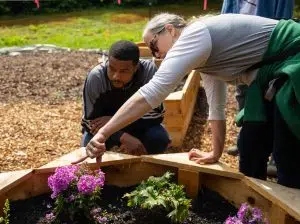
@emi.moon22 @euphoriaphotoss
Escanaba native David Victorson is TNT’s co-founder and executive director. He also serves in a related professional capacity as associate director of the Cancer Survivorship Institute at the Robert H. Lurie Comprehensive Cancer Center at Northwestern University. He explained WALDEN’s Food as Medicine Program.
“Getting reconnected to food is an extension of getting connected to nature,” Victorson said. “It is incredibly important to health and well-being. There is growing science around the benefits of whole foods both during and after cancer treatment. Our goal is to grow organic vegetables, herbs, berries and fruit trees so our guests can rediscover and appreciate where real food comes from, what it tastes like, and how to reintroduce it into their lives back home. We also tapped 101 maple trees and created our own maple syrup.”
Emily Weinmann and Christopher Boyke-Johnson were selected from several applicants for the 12-week summer internships. They helped to determine the sun cycle on the property and built a large configuration of raised beds to make it easier for guests to walk around and engage with the garden. The students planted seeds and already-established plants, then assisted with maintaining the beds and harvesting a variety of produce. Their hands-on work was supplemented by readings, meetings to talk through their experiences and weekly reflection questions.
“I wanted to apply for this internship as soon as I first heard about it,” Weinmann said. “It sounded like a really cool opportunity to get more practice at outdoor growing, while also being able to provide organic produce for people visiting the WALDEN Institute during health and wellness retreats.”
“This internship was an amazing experience,” Boyke-Johnson added. “I enjoyed it even more than I thought I would. I learned so many different things during my time there that will help me in my career as I progress forward. It made me want to strive to do good things, not only for the community, but the environment as well.”
Kim Kolasa, indoor agriculture assistant professor and program coordinator, said partnering with organizations such as the WALDEN Institute to offer real-world, hands-on internships for students is a goal of the program.
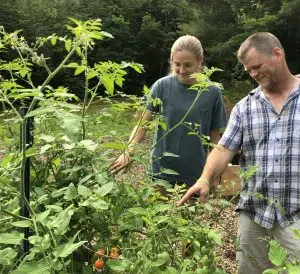 “Students experiencing the problem-solving nature of designing raised beds and determining which crops to grow at the site gave them applicable experience for their studies at NMU,” she added. “Understanding outdoor gardening and the function of soil will only enable the students to become better professional growers for the indoor agriculture industry.”
“Students experiencing the problem-solving nature of designing raised beds and determining which crops to grow at the site gave them applicable experience for their studies at NMU,” she added. “Understanding outdoor gardening and the function of soil will only enable the students to become better professional growers for the indoor agriculture industry.”
In addition to the shed/greenhouse project, the construction management seniors are building the slab, platform and shell for a sauna and hot tub structure on the property. The Northern Michigan Constructors student organization will complete the work beyond the fall semester.
“We are thrilled to be working with such a great community partner,” said Assistant Professor Evan Lucas. “David and his team have created a tremendous organization for a wonderful cause, and we couldn’t be happier to be working with them. Being able to bring several programs to the table to help them achieve some of their visions is quite rewarding, and the students have not taken this opportunity lightly. We very much look forward to growing this partnership for many years to come.”
Victorson said the WALDEN Institute is committed to collaborating with regional entities. In his online search for such opportunities, he discovered that NMU offers programs in the desirable disciplines of agriculture, construction, outdoor recreation and environmental sustainability. In addition to the summer “farmterns” and the constructors who will help complete a sauna and hot tub, NMU students might also perform a sustainability assessment to identify potential areas to incorporate cleaner, greener forms of energy at WALDEN.
“Community-building is important,” Victorson added. “If you look around and are curious and open-minded, there’s something that organizations can do to collaborate. We’ve found a sweet spot with NMU. The university has been an awesome neighbor and community partner for us.”
Find more information on TNT’s Foglia Foundation WALDEN Institute here.
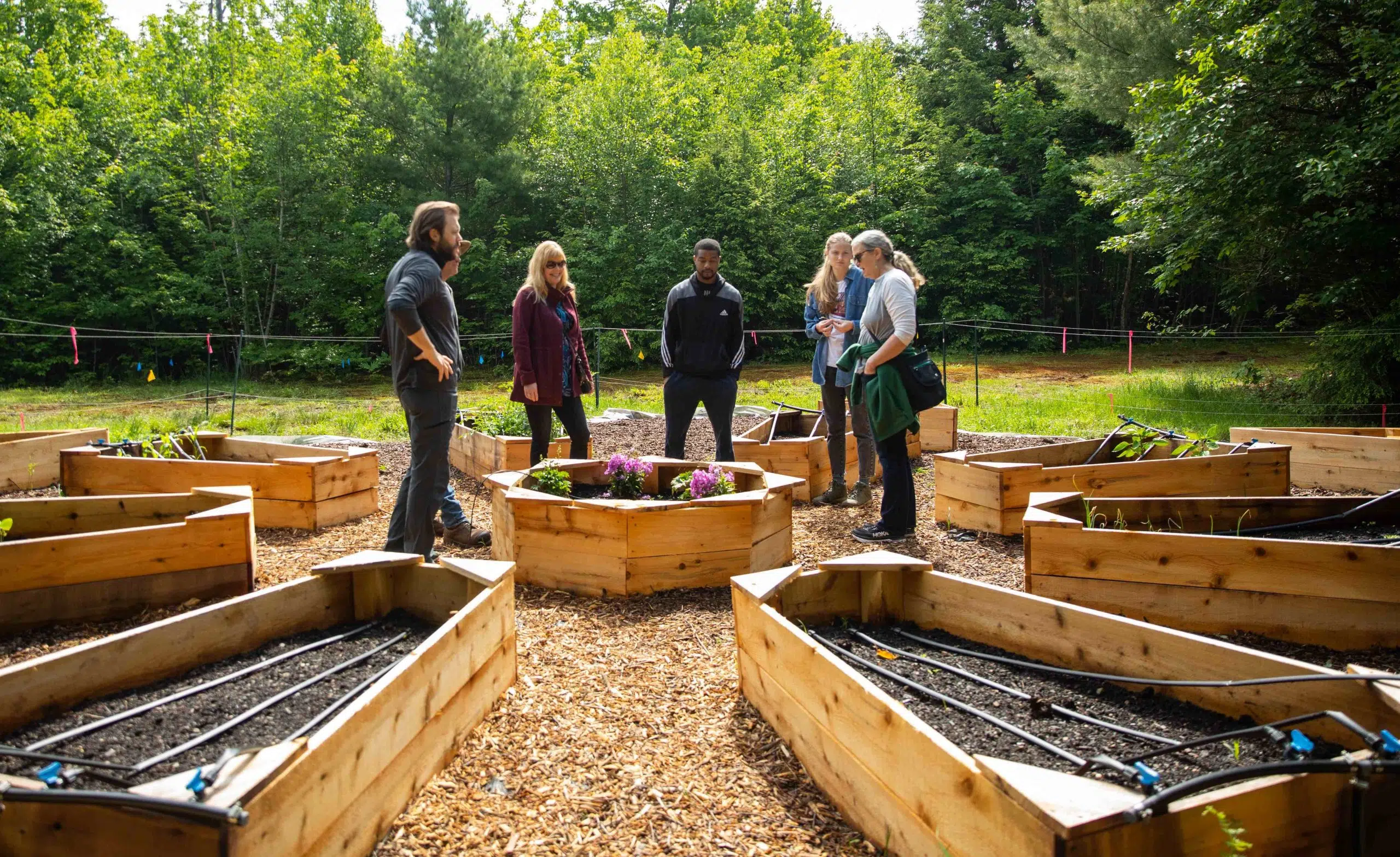














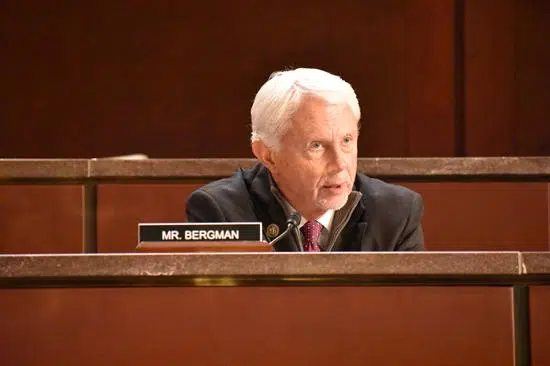


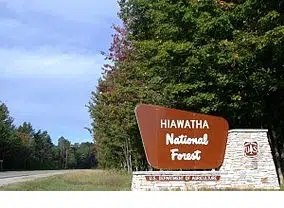
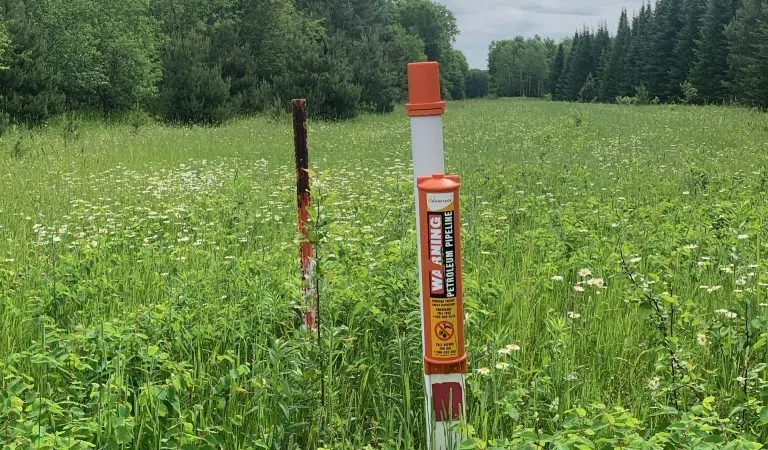
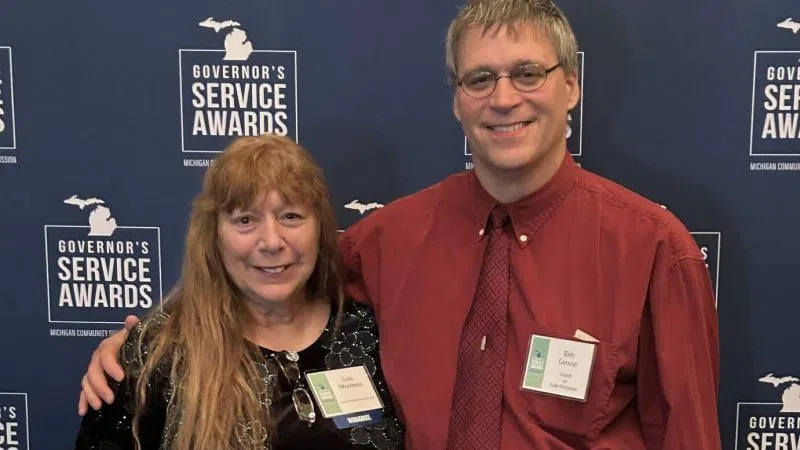



Comments